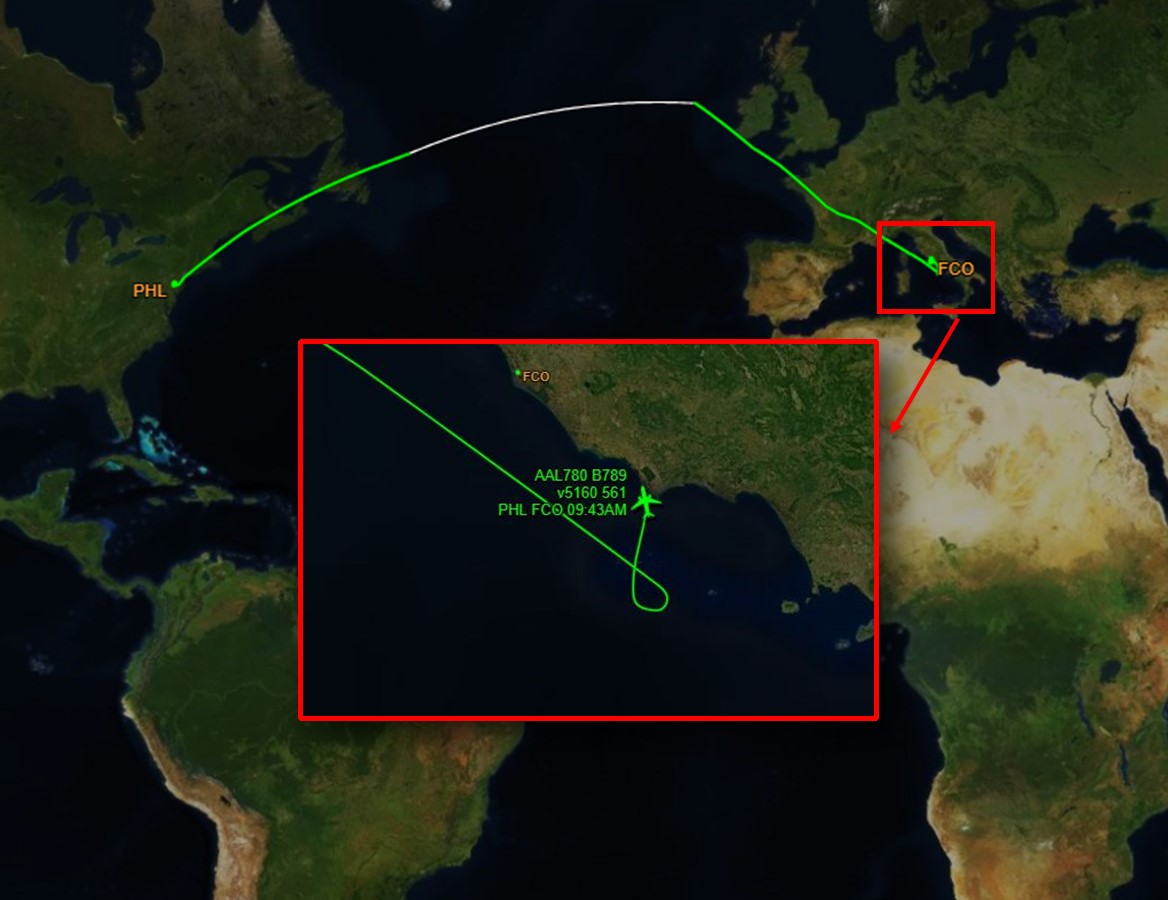What’s behind the war of the Algerian « Nutella » that has been prohibited in France

The case of the El Mordjene hazelnut cream, produced by 2021 by the Algerian Cebon which is great success thanks to social media and then is prohibited for the EU law on dairy products. The controversies, the accusations of neo-protriationism
(This article is taken from the first hour review of the Corriere della Sera: If you want to subscribe, click here)
There is a hazelnut spreadable cream that divides France and Algeria and above all makes the Franco-Algerians feel excluded from the country in which they live. Her name is El Mordjene, but many know it as the « Nutella Algerian »and part of the problem – which also calls Italy into question – is precisely this. So the Algerian hazelnut cream has become the symbol of a whole series of tensions that cross the contemporary world: the driving force of online virality, one-way globalization of capitalism, neo-protectiveism, the aftermath of colonialism with the geopolitical tensions between Europe and Africa, the role of immigrants and their descendants in European countries. Lauren Collins tells it in a masterful article on New Yorker.
The confectionery cream produced by the Cebon
The El Mordjene hazelnut cream is produced by 2021 by the Algerina Cebon confectionery company. Also available in France, until last year it was little known. Then in the summer they started talking about a series of influencers in particular of Algerian origin and in particular on Tiktok. Sales of El Mordjene – especially its white cocoa version – they exploded: The small foreign food stores, where it was until then, began to sell thousands of jars per day, the price doubled and the Carrefour supermarket chain announced that it would sell the Algerian cream. Then at the beginning of September the French customs (from the port of Marseille to Paris airport) blocked the imports of El Mordjene. At the beginning, it was not clear why the loads had been stopped.
The ban on the French Ministry of Agriculture
« On a form, customs officials wrote that the spread cream seemed to » violate the brand, the drawings and the model of the Ferrero group « , the producers of Nutella, who sell tens of millions of jars in France every year. For several days the pallets remained in limbo. Then came the decision of the French Ministry of Agriculturewhich ensures food safety, which has formalized the ban. Apparently, the problem was not the violation of the brand, but the milk powder and whey, ingredients present in El Mordjene, together with sugar, hazelnuts, vegetable fats and emulsifiers. The European Union law limits the import of products that contain even a small amount of dairy products; Algeria does not appear in the list of approved countries « writes the New Yorker.
Violent online reactions
Online reactions called into question xenophobia and an alleged hostility of Italians for Algeria, who also re -emerged The case of the clash between the Algerian boxer Imane Khelif and the Italian one Angela Carini. «On social media, pride has turned into an exasperation: « You are envious because this brand is 100%Algerian, the production is 100%Algerian, and seeing Algeria is successful it really pisses you off »said a user. Memes were circulated that compared El Mordjene to Imane Khelif, the Algerian boxer who during the Paris 2024 Olympics was the subject of speculation so hateful on his sex as to push her to file a complaint for computer harassment.
The metaphor with the case of Imane Khelif and our Carini
The implication was that El Mordjene would eventually put Nutella to the carpet, just as Khelif had dominated the Italian opponent and won the gold medal. Another meme alluded to the colonial heritage of immigration problems and administrative asymmetries between countries. He depicted El Mordjene as a woman who marries Nutella to get the documents. « The only solution to bring El Mordjene back to France, » recited the caption. « Congratulations, newlyweds! »
But the milk powder had been produced in France
The blocking of imports was not removed even when it came out that the powdered milk declared out of law had actually been produced in France and then exported to Algeria. «Revelation seemed to present an easy resolution of the dispute – if France sent the milk to the Algeria, Certainly Algeria could return the milk to France – but, strangely, it did not have a great impact. The ban has remained in force. The spokesman for Cebon Amine Ouzlifi, suggesting that he believed that Ferrero had influenced What was an essentially political decision, he said to me: « European companies always protect themselves ». (A spokesman for Ferrero has limited himself to saying that « the European Union authorizes the marketing of consumer products in France or elsewhere in the continent ») « writes the New Yorker.
French great consumers
The French are the major consumers pro-capita in the world of Nutella, after the Germans. « El Mordjene started to represent a problem when it became a star, » he said to New Yorker Habib Merouane Hadj Bekkouche, spokesman for the Algerian organization for the protection of consumers and the environment. « The story of El Mordjene perfectly illustrates the contradictions of a globalized economy in which the borders disappear for capital but rise against the innovative products of the emerging countries » wrote the site Maghreb émergent.
The risk of protectionism
«The ban imposed on El Mordjene raises important questions about the intersection between commercial regulations, competition law and international politics. Although the justification of the European Commission is focused on food safety, the largest context suggests that economic protectionism and political maneuvers could also be at stake. The restrictions on imports imposed by Algeria herself probably contributed to feeding the tension, laying the foundations for a complex and potentially long commercial dispute between the two regions « wrote International Supermarket News.
Tensions between France and Algeria
The dispute on the spreadable cream came at a time when the tension between France and Algeria, always latent, is at most, after the French president Emmanuel Macron Last July he announced that he would support the Moroccan plan for western Sahara (opposed by Algeria).
The symbol of the mother and the homeland
But according to the journalist of New Yorker The dispute between France and Algeria and that between Nutella’s supporters and Mordjene supporters is much more than an economic and geopolitical conflict. The Nutella, according to Collins, in the European imagination represents « the mother, the homeland, the immutable womb of everything that is warm and good. The story of El Mordjene was much deeper than an extravagant struggle for food or astrusal commercial dispute. It was not the hazelnut cream. These were nostalgia, memory, injustice, nationalism, globalization, decolonization, protectionism, racism, identity, immigration, invasion: the same things we are talking about today, transposed into the reign of the spreading snacks. The corollary to the question « What world would it be Nutella without? » Is it « What world would it be with El Mordjene? » ».
Imitations on the French market
Meanwhile, globalization has however taken its course: the French market has been flooded with creams that imitate El Mordjene or even of Tarcati of Algerian cream. They are mostly produced in Türkiye, one of the major exporters of counterfeit goods and the country that produces 75% of world hazelnuts. The « clash of civilization » on the spreadable creams only complicates.








